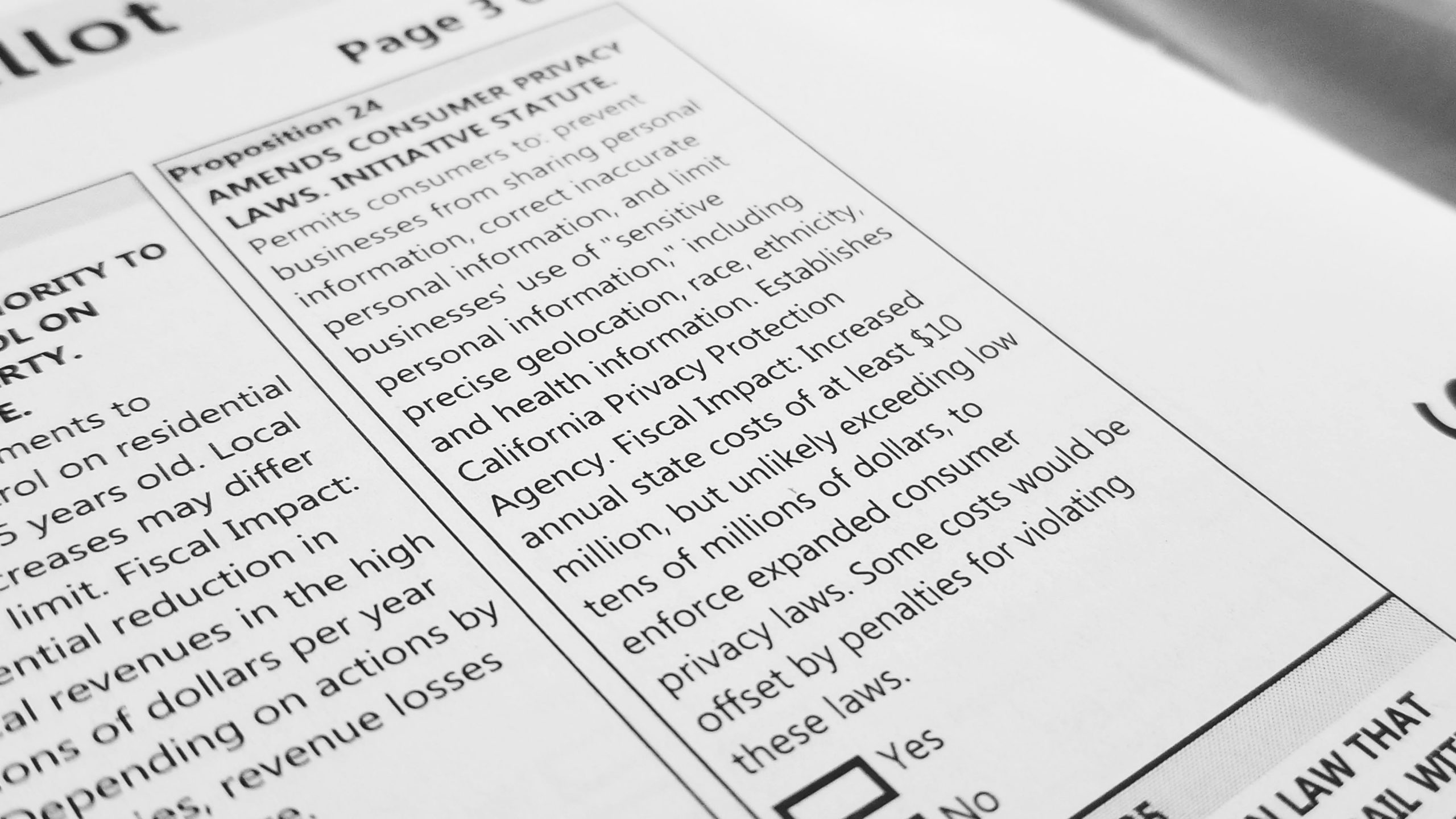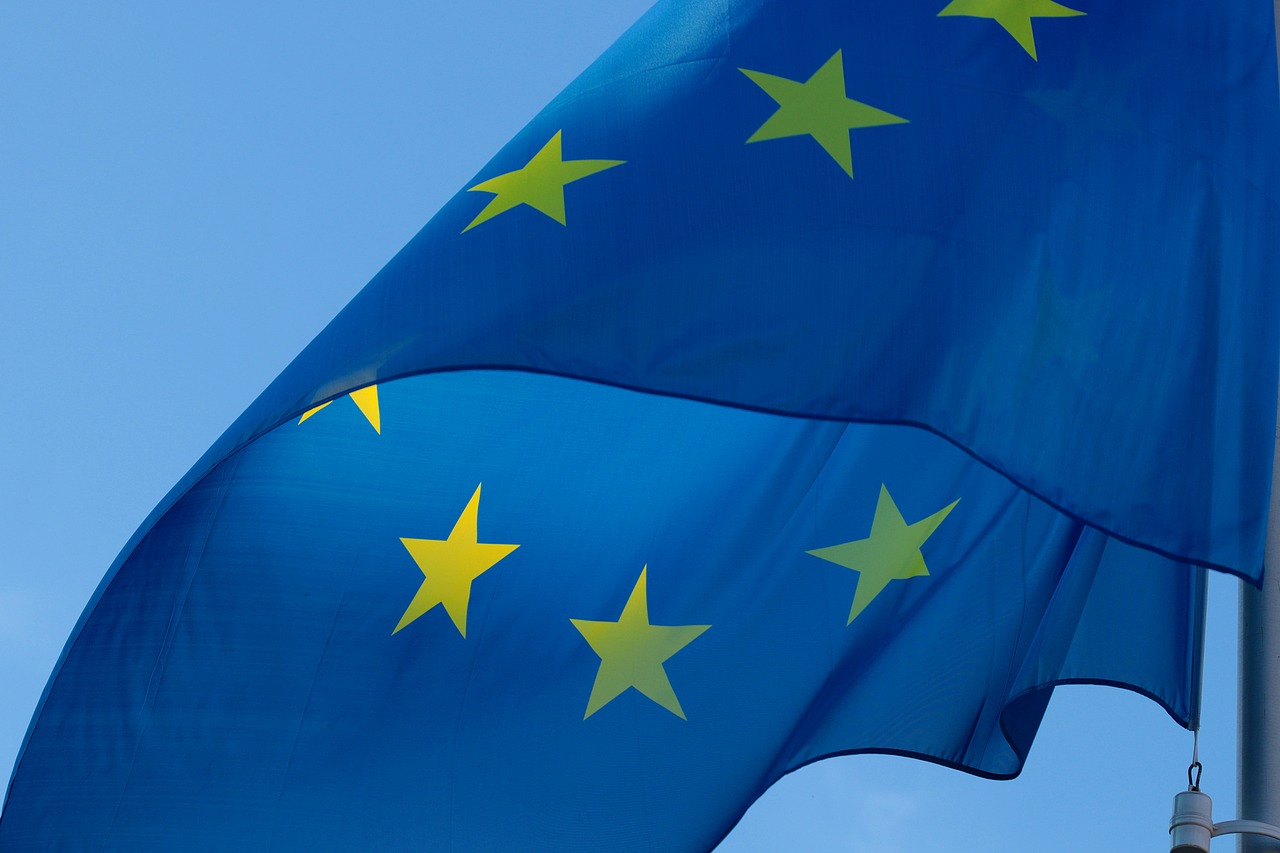[Originally published in GPSOLO, Vol. 36, No. 6, November/December 2019, by the American Bar Association. Reproduced with permission. All rights reserved.]
Image Credit: Gerd Altmann from Pixabay1
Bar associations across the country have similar goals: advance the rule of law, serve the legal profession, and promote equal access to justice. Technology can easily support these goals. From online research and billing software, to virtual receptionist and SEO services, technology vendors improve the efficiency and accessibility of attorneys. It is no wonder then that bar associations around the country are promoting technology solutions for their members.
Despite the obvious benefits, bar associations need to be diligent about vetting technology vendors. By promoting one technology provider over another, bar associations could run afoul of advertising laws, tax requirements, and software agreements. In addition, bar associations and their members need to pay close attention to technology vendors’ cybersecurity safeguards to protect client confidences.
This article will briefly address each of these issues in turn and provide a non-exhaustive checklist of considerations before choosing a legal technology provider.
Bar Associations as Influencers
When we think of product endorsements today, we think of social media influencers, bloggers, and vloggers—not bar associations. Yet, bar associations wield incredible influence over the purchasing decisions of their members. Given this influence, bar associations should stay mindful of laws addressing unfair and deceptive advertising, such as Section 5 of the Federal Trade Commission Act (FTC Act), state false advertising laws, and state unfair trade practices acts (little FTC acts).
Continue Reading Should Bar Associations Vet Technology Service Providers for Attorneys?





